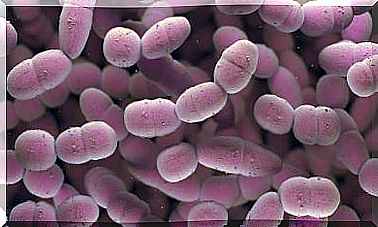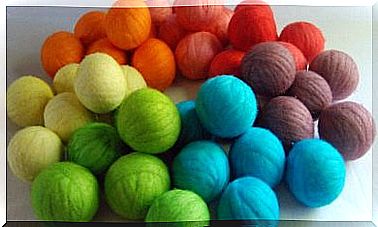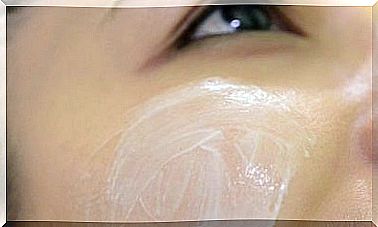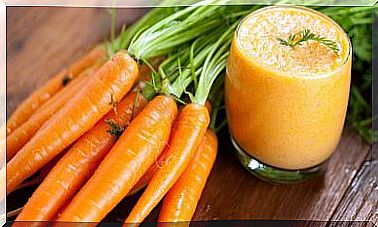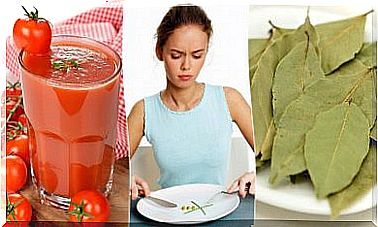Synthetic Sweeteners: Are They Suitable For Children?
In recent years, nutritional disorders in childhood have increased alarmingly. In particular, there is great concern about the high rate of children affected by being overweight and obese. Because of this, many parents have started to wonder if synthetic sweeteners are suitable for minors. Therefore, we will address this issue below.
Use of synthetic sweeteners in children
According to a report by the World Health Organization (WHO), the growing obesity epidemic, which many times has its origin in eating habits (without neglecting genetic influence), forces us to identify the best responses and take them to the practice. In this sense, that same report highlights that:
At the same time, the identification of the risks and benefits of the consumption of synthetic sweeteners, and in particular their use from and in childhood, are the subject of numerous investigations due to the increasing increase in recent times of these products.
Thus, the Argentine Society of Pediatrics points out in a 2018 publication that:
In addition, it is essential to consider that, repeatedly, these products are not only contained in dietary products but also in different food preparations.
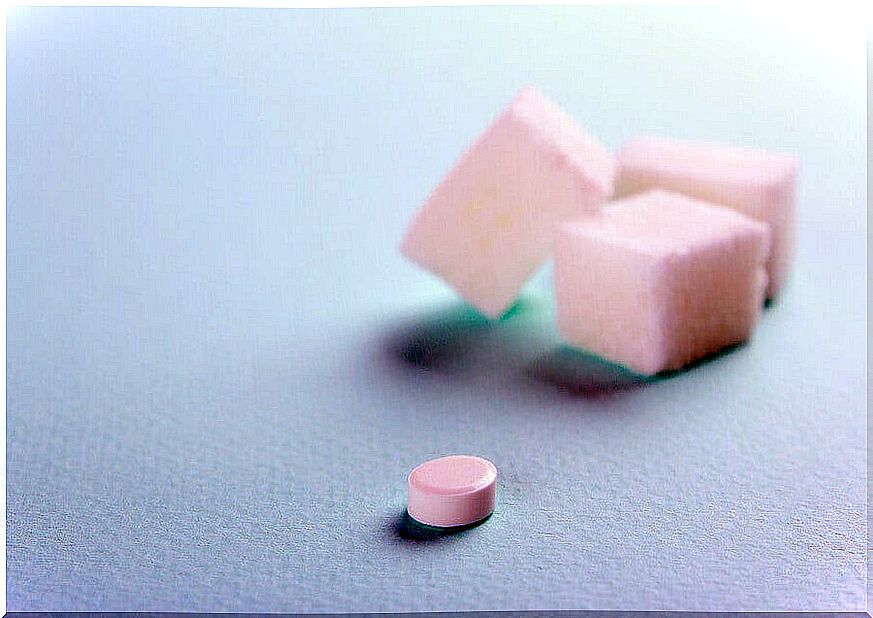
Data to keep in mind
- From the quantity to the quality of these products, as well as the frequency of use, are factors that must be considered.
- The admissible daily intake (ADI), both in Argentina and in other countries, according to the researchers Garavaglia MB, Rodríguez GarcíaV, Zapata ME and collaborators, Sociedad Argentina de Pediatría, is one hundredth of an amount that, supplied daily, does not it is capable of causing damage to health.
- Although the authors report that the safety margin to exceed the ADI value is high, the consumption estimate is made taking into account the mg of sweeteners according to the individual’s kg of weight. Therefore, the risk of exceeding the ADI in children is greater because of their lower body weight. This element above is one of the issues that should be given special attention.
What then are the recommendations?
- On the one hand, it is important to determine the consumption of non-nutritive sweeteners and the foods from which they come. Based on this, adequate information should be offered through educational campaigns, public policies and regulatory processes, because it is common for it to be considered that only diet, light or reduced calorie products contain NNS.
- It is also important – as noted in the 2018 publication – that “society identifies the food sources of NNS, even in those foods in which their contribution is inadvertent, especially at an early age”.
- Exposure to sweet taste in childhood, its impact on the formation of food preferences and the physiological consequences, are important areas for research due to the role that food consumption plays in increasing the prevalence of excess weight from an early age .
Some Possible Suggestions for Using Synthetic Sweeteners in Children
The Spanish Association of Pediatrics regarding the use of synthetic sweeteners in children emphasizes that:
However, regarding sweeteners, the European Food Safety Authority (EFSA), to ensure proper use without the possibility of adverse effects, proposes acceptable daily intake amounts and highlights that:

Considering the above, and according to European regulations (Directive 89/398 / EEC), artificial sweeteners will not be used in:
- Infant formulas.
- Continuation formulas.
- Cereals.
- Infant food.
- Diet foods for young children intended for special medical purposes) except where expressly indicated).
summarizing
- Depending on the materials consulted, it is important not to add sweeteners to foods intended for infants and young children. In addition, it is not advisable to use it in children between 1 and 3 years of age.
- It is recommended that healthcare professionals acquire the appropriate knowledge to advise or proceed with the choice of a specific sweetener based on its properties.
- Likewise, it is necessary to continue specific research to determine the appropriate use of sweeteners in the child.
- Finally, the most recommended by nutritionists and experts is to offer children healthy and natural foods, such as fruits, vegetables and whole grains.

